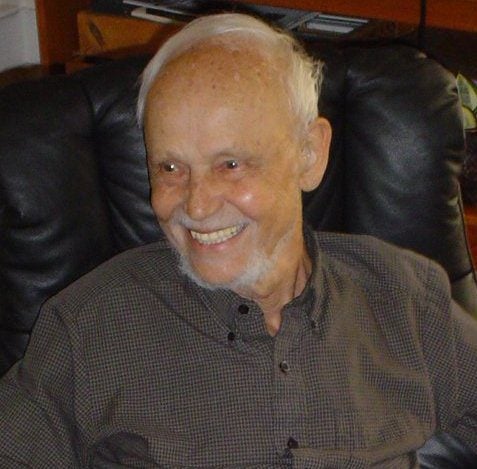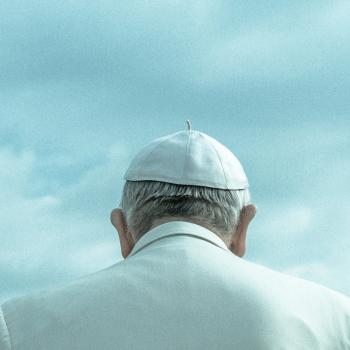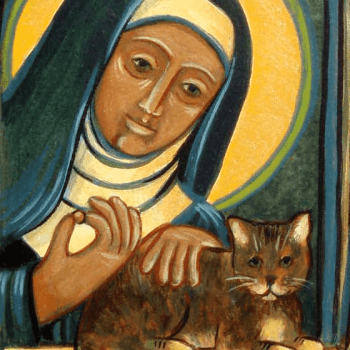
Perhaps the great religious scholar of our time died last week in Berkeley, California. His name was Huston Smith and he lived until the age of 97.
I know Smith primarily through the book The World’s Religions. Originally titled The Religions of Man, it has sold over 3 million copies since it was first published in 1958. There is a well-worn copy sitting on my bookshelf and I refer to it when I need a quick lesson or refresher on the beliefs of other faiths, whether it be Taoism, Sufism or the primal religions of Australia.
Smith wrote over a dozen books and what made him such a good writer was his ability to take complex belief systems and explain them in simple terms. But he did more than just write about religion—Smith himself practiced within many faiths and religions, in what some call “interspirituality”, believing that all the world’s religions were compatible.
I’m sure he would have agreed with the contemporary scholar Mirabai Starr who believes in “the oneness at the heart of all religious traditions.” Starr does not differentiate between the faiths. She seeks “…the source of Love itself. I catch whiffs of this great beauty in every one of the world’s spiritual traditions.”
Huston Smith led an adventurous spiritual life, experiencing first-hand the many ways in which we connect with the Divine. While he was a church-going Methodist, he celebrated the Sabbath with a daughter who had converted to Judaism. He prayed in Arabic to Mecca five times a day. His spiritual resume, as reported in the NY Times, also included the following:
- As a college student, he became a missionary and was later ordained a Methodist minister. He soon realized that he had no desire to “Christianize the world,” he would rather teach than preach.
- As a philosophy teacher at the Massachusetts Institute of Technology (MIT), he ate psilocybin mushrooms with Timothy Leary more than once, reporting that “he had a personal experience with God.”
- He meditated with Tibetan Buddhist monks, practiced yoga with Hindu holy men and whirled with ecstatic Sufi Islamic dervishes. He helped introduce the Dalai Lama to Americans.
But maybe the most thought-provoking thing I read in the obituary of Huston Smith was this: His favorite prayer was written by a 9-year-old boy whose mother had found it scribbled on a piece of paper beside his bed. It read:
Dear God, I’m doing the best I can.
At first glance, I wondered how this child’s prayer could be the favorite of a man so versed in the world’s religious traditions. After all, Smith’s entire life was dedicated to connecting with God and helping others do the same. But it dawned on me that for all his accomplishments, Smith maintained a modest view of his relationship with the Creator.
This prayer was Smith’s humble way of telling God, and perhaps reminding himself, that he was not perfect or knew for certain if he had achieved his life-long quest to learn and teach us all he could about the many ways we access the Divine. The prayer also reminds me of the words of John Templeton, as I believe they apply to Smith:
As we become more willing to release the personal ego, we open the door to greater communication with God. One who is humble and grateful for all God-given blessings opens the door to heaven and earth now.
We too might take Huston Smith’s prayer to heart during our own moments of meditation and contemplation. Dear God, I’m doing the best I can. It is a reminder that while there is much that we do in our attempt to live a full and rich spiritual life, there is much that can still be done.
I recently published the spiritual fable Thaddeus Squirrel. You can learn about it here.















